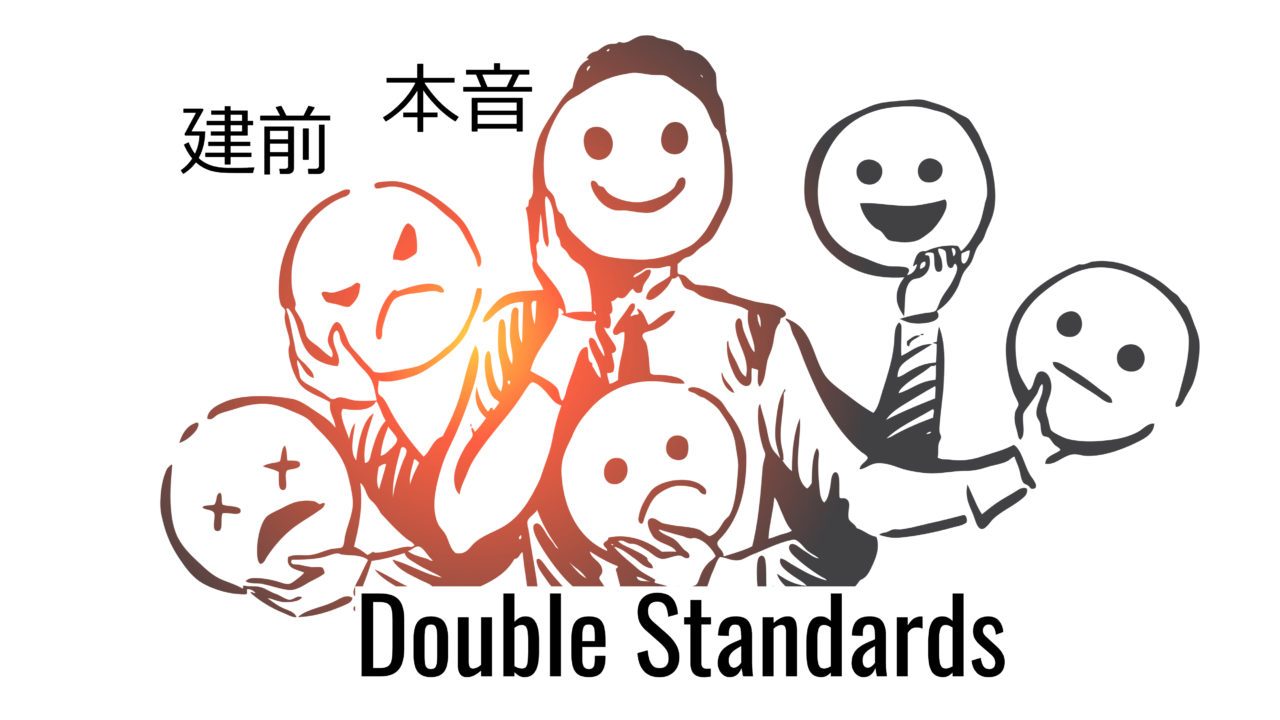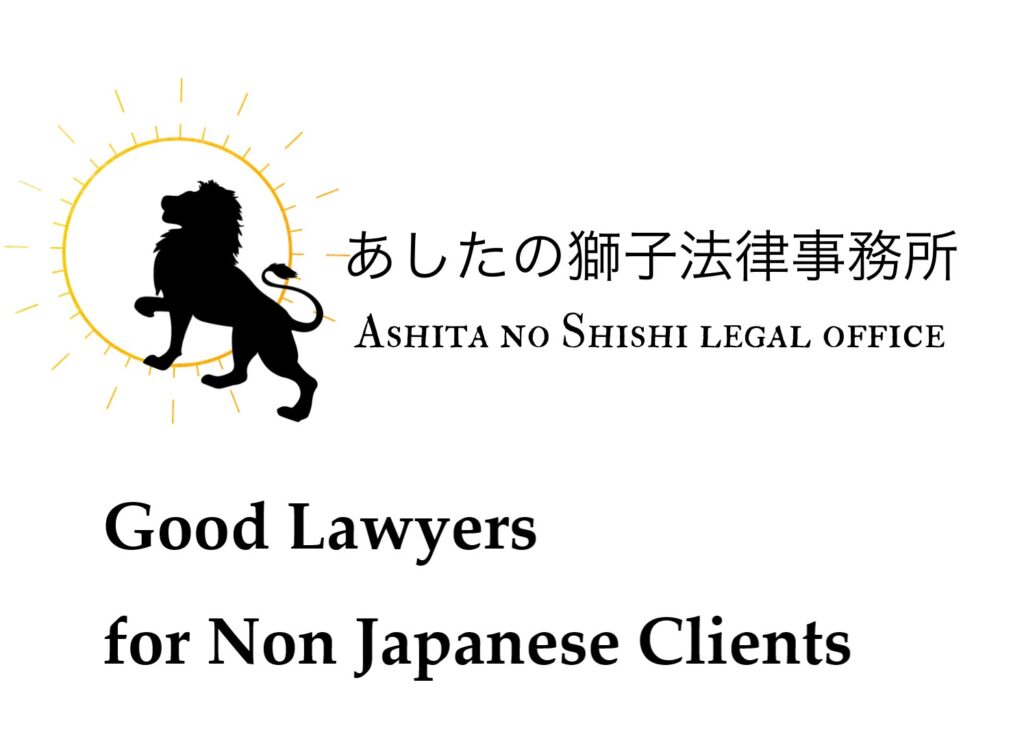INTRODUCTION
I appreciate this opportunity of bringing to the table some “stingy” topics about my inter-cultural experience as an Italian living in Japan for 22 years. I am aware that bringing up opinions about the Japanese business culture from a “Foreign Perspective” ends up looking like a pandora vase full of complaints.
Let me state that I am completely in love with the Japanese culture and even its contradictions.
I am satisfied with my life in Japan and when I am abroad I miss the people, the food, the language, and altogether the coziness of living in Japan.
I am so comfortable in Japan that sometimes I feel I may have lived a “previous life” here, and the thought that “Japanese should be more Japanese!” – in the sense that they should be more proud of their identity and beautiful culture is actually suggesting some of the pokes here below.
INDIRECTNESS
Before coming to Japan I was living in NY for almost 3 years, working for an architecture office. My job was interesting and rewarding but my main purpose was to gain experience and enjoy the adventure before eventually returning to Torino – Italy so in 1998 I left NY for a bigger challenge with an airplane ticket for Japan and a few addresses of architecture offices gathered at a party.
I was confident I could find a job at an architecture firm in Tokyo (even for a symbolic salary) which could sponsor me for the working visa. In my optimism, I was not considering the economic climate with the rubble left by the 1997 Asian financial crisis and 5 major banking system.
Additionally, the fact I could not speak any Japanese exposed me to the body-language-trap.
Most of the prospective employers I was approaching could speak very fluent English which gave me the false confidence that I was understanding what they were “saying”… The problem was that I was not understanding what they were really “meaning”, as behind their impeccable English communication was the inexorable Japanese structure of not being too direct, of using polite euphemisms or even just an imperceptible pause to mean exactly the opposite of what they were saying! Apart from all the intricacies of Keigo, Japanese is a language where you can say “ii desu” to mean both “OK” or “I do not need it”
I ended up waiting for follow up meetings that never happened in more than one case and had to make an impromptu visit to Hong Kong to obtain a fresh tourist visa (which leads me to introduce the next peculiarity of the Japanese system)
DOUBLE STANDARD
“Laws” as we intend them did not exist in feudal Japan: an ethic code (for instance Bushi-do = the moral code of the Samurai) was used to “feel” what was right or wrong (pardon me for the gross simplification).
A gentleman did not need a law or the threat of a sanction to force him/her to maintain correct social behavior. The self-respect, the sense of honor was enough to avoid wrong doings.
On the other hand, when Japan adopted a civil code this overlapped on the original system offering a kind of alibis for the individual conscience. There is a tendency for rules to be based on a quantitative system rather than a qualitative system, therefore rules have little flexibility and tend to become obsolete quickly. Most rules are taken for their dogmatic value and it is not necessary to understand their purpose. Other rules are evidently weak as vices of form make it easy to bypass them but nevertheless, they continue to exist. One example for all can be the formal prohibition of gambling while all Pachinko establishments are equipped with very evident back doors for money changers that make gambling possible de-facto. The same is valid for prostitution where creative euphemisms can place a convenient screen between the tatemae (appearance) and the honne (reality). As a first-class licensed architect, I could talk for hours about rules of the standard building code law that exist only formally, because the bypass to those rules are universally known and used also by the control authorities themselves.
I would be curious to hear Abraham Lincoln`s opinion about the “double standard”: he who stated that “there is no worst law that one that is not enforced” (as it would jeopardize the system).
DIFFICULT
Difficult (muzukashii). In other languages, this means that a special effort is required in order to obtain the result. In Japanese it usually stands for “impossible”. But a subtle difference between “fukanou”=impossible and “muzukashii” remains. “Muzukashii” is something that is out of the question and therefore is impossible. It is taboo: something inconceivable. Like thinking of a river flowing upstream. We are talking about something that cannot even be evaluated for its odds. Muzukashii means “don’t` even dare to think about it”
At the top of the “difficult” things are things that have not been done yet. Doing something for the first time (or that nobody else is doing) is almost always considered as out of the realm of reality.
On the other hand, if you master the sensibility of the “double standard” as enunciated above, you can still do something even if your counterpart says you can`t. Before becoming a famous trademark “Just do it” is the quintessence of the “double standard culture”: where the exception ensures the viability of the system.
TREND
This is a corollary to the point above: when something proves possible and successful, then everything flows in that direction. “Hayari” is something that rides the spirit of the times.
A fashion, a trend. And these trends are not considered for their transience. They become the direction to follow. Nothing is invented: on the other hand successful products or business models should be copied. It is considered silly to go against the flow. While it is harmless if a group orders the same drink as the first member, this attitude tends to create extreme situations.
In a period of slump, businesses tend to freeze their investments. In a period of expansion on the other hand they follow the group with all their resources even if the market is running towards a ravine.
PERSISTENCE
Here I mean the tendency to keep the status quo until it breaks. Japanese tend to be conservative.
Ironically “be like the bamboo” is a Zen teaching but Japanese society does not evolve flexibly: rather it moves on straight tracks until it painfully derails and has to find a new balance.
Historical heritage buildings protection law does not allow the slightest modification and this is the most common reasons for which in many cases they end up being demolished.
The custom of over-packaging products persisted until suddenly even plastic shopping bags become a luxury. It happened for the diffusion of the cellphones or of the electronic money: it seems to me that most changes happen abruptly.
It is close to the day when the “hanko” seals that outlived the shogun by 150 years, will be replaced tout court by retina scanners.
DUALISM
I think that the origin of most of the peculiarities of the Japanese business culture pointed above can be found in Taoism or rather the manipulation of Taoism that all strong powers adopted in Asia as an instrument to control society. The concept is that heart and mind are split and the heart is superior to the mind. Morality is more important than intelligence. Believing is more important than questioning and “feeling” wins over “rational thought”.
I do not want now to enter into philosophical grounds or to judge what is right or wrong.
I am just trying to point out what I think can be the common denominator to many “contradictions” that create stress for foreigners in their relations with the Japanese mainstream culture.
My takeaway is: do not be outraged by the practice of ama-kudari or fall prey of the bureaucracy of the ringi-sho. All these systems are not based on rationality: said that, we are still free to use rationality to understand the mechanism and avoid being crushed by it.
iacopo torrini – Kobe Japan 2021.1.5











